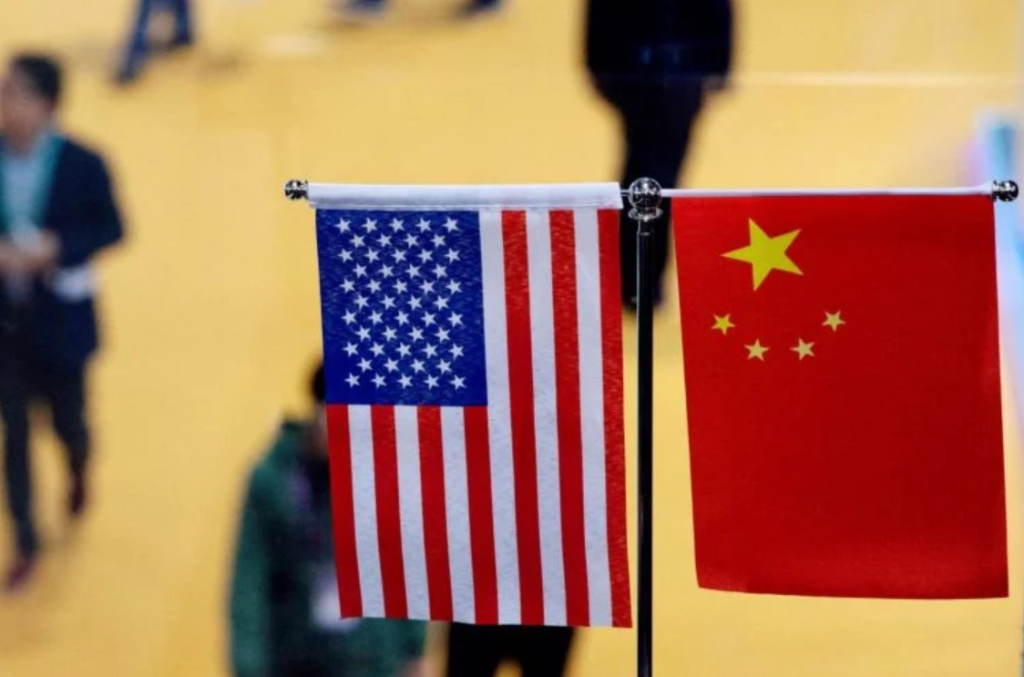China is intensifying efforts to reduce its reliance on Western technology, with a surge in domestic substitution initiatives revealed through government tenders and research documents, as reported by Reuters. As Washington enforces tighter restrictions on high-tech exports to China, the country has increased spending to replace foreign-made equipment with homegrown alternatives.
In the past year, state-owned enterprises, government bodies, and military entities have issued 235 tenders to nationalize equipment, doubling from the previous year. The value of these projects reached 156.9 million yuan, over triple the previous year’s expenditure.
Sensitive Sectors Targeted:
Sensitive sectors like computer equipment, telecom, and finance are being targeted, with digital payments particularly vulnerable to potential Western hacking. The government’s concerns about foreign powers infiltrating critical infrastructure have prompted moves to bolster cybersecurity measures and develop indigenous technologies.
Challenges and Strategies:
Despite significant investments, China faces challenges, particularly in advanced chip manufacturing, limiting its ability to entirely replace foreign products. Efforts to localize technologies were previously hindered by technical limitations.
State-owned companies are increasingly winning major contracts, pushing away from US companies like Microsoft and Adobe. Huawei has emerged as a leading player due to its agility, diverse product suite, and robust cybersecurity offerings.
Market Impact:
These substitution initiatives have reshaped the software industry landscape, with major foreign makers’ combined market share dropping from 57.3% in 2018 to 27.3% by 2022. However, foreign firms still dominate in banking and telecoms database management, constituting 90% of the market share.

International Implications:
China’s substitution efforts do not violate international accords due to its non-signatory status in World Trade Organization clauses governing public procurement. However, these initiatives have raised concerns among foreign tech companies and trade organizations, leading to calls for fair competition and non-politicized procurement procedures.
China’s Tech Revolution Amidst Economic Shift:
In tandem with China’s push for domestic technology self-sufficiency, the nation is also embarking on a strategic shift towards a consumption-centered economy. Beijing plans to unleash spending power within the country. This shift towards a consumption-driven economy aligns with China’s overarching goals, including reducing reliance on foreign technologies and bolstering domestic innovation.
As China accelerates its drive towards technological self-reliance, the global tech landscape faces shifts in market dynamics, reshaped by Beijing’s strategic initiatives and growing domestic capabilities.
Related:
- Chen Nanxiang Charts a Path for China’s Semiconductor Future Amid US Restrictions
- Chinese Consumers Desperately Scramble for Nvidia RTX 4090 Amid U.S. Sanctions & Rising Prices
- Taiwanese authorities investigate Local Firms’ Huawei links amidst US Sanction
(via)







